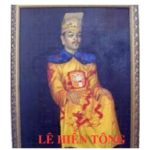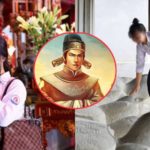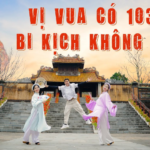In 1916, Phung Hoa Cong ascended the throne and adopted the reign name Khai Dinh. Vinh Thuy, his son, became the crown prince. In 1918, when Vinh Thuy turned six years old, King Khai Dinh started to choose a teacher for his son. This matter was particularly important as it would affect the future of the crown prince and the national affairs.
King Khai Dinh summoned four renowned officials in the court, who were well-educated, to the palace for selection. They dressed neatly and awaited the king’s command. Vinh Thuy appeared at this time as well. The prince walked around, looking at each person, and his gaze stopped at one official who looked different and seemed somewhat scared of this person. His mouth was slightly crooked, his eyes were not symmetrical, and he was clearly less attractive in appearance compared to the other three officials. He was Le Nhu Lam, a member of the Office of the Interior Council.
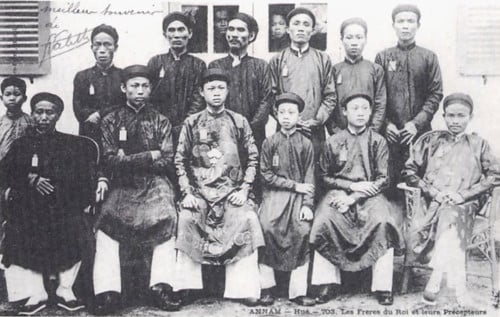
Therefore, King Khai Dinh decided to choose Le Nhu Lam as the teacher for his son because his peculiar appearance made Crown Prince Vinh Thuy admire him. Moreover, this official was renowned for his extensive knowledge and good moral conduct.
Later, Vinh Thuy went to study in France, and Le Nhu Lam followed his student to the foreign country. During their 10 years in France, Le Nhu Lam taught Confucianism to Vinh Thuy while learning French language and culture himself.
In 1922, Vinh Thuy became the Crown Prince. In early 1926, when King Khai Dinh passed away, Vinh Thuy ascended the throne and took the reign name Bao Dai. When Bao Dai began his reign in 1932, Le Nhu Lam was still his teacher.

Bao Dai was a Western-educated king, and right after he took power, he ordered the return of five Confucian-scholar officials to their homeland. They were Nguyen Huu Bai (Ministry of Personnel), Ton That Dan (Ministry of Works), Pham Lieu (Ministry of Defense), Vo Liem (Ministry of Rites), and Vuong Tu Dai (Ministry of Public Works). However, Le Nhu Lam did not leave; instead, he held the position of General Secretary of the National Historical Archives and concurrently served as Director of the Bao Dai Library (which housed numerous materials and books written in Chinese and French characters) from 1933 to 1939. In his new position, he participated in organizing and supervising the compilation of successive sections of the Great Southern Annals.
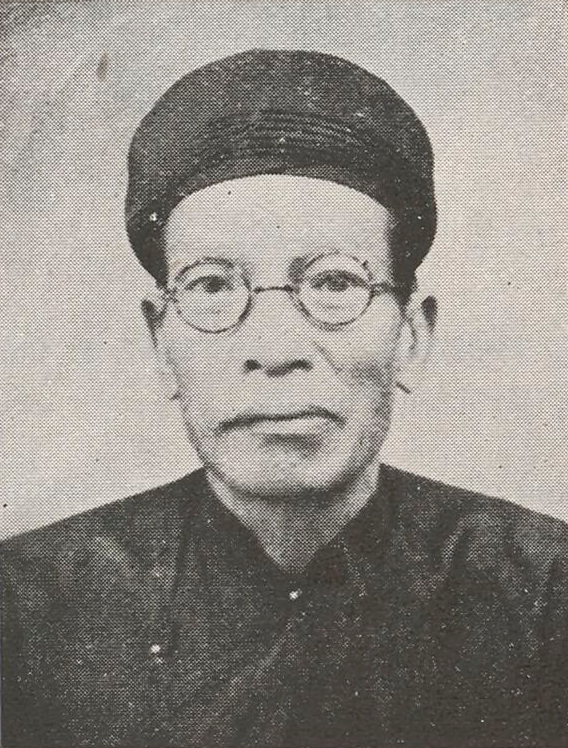
Le Nhu Lam was born in 1881, the son of Binh Thuan Le Tri, from Van Trinh commune, Phong Dien district, Thua Thien province. He studied at the National Academy for 11 years. In 1906, Le Nhu Lam passed the provincial examination and ranked fifth out of 35 successful candidates, becoming an official under the reign of King Duy Tan. He held the position of Member of the Ministry of Interior and the Office of the Interior Council before being assigned the task of teaching Vinh Thuy.
He was the last teacher to teach a king in the history of feudal Vietnam and also the last General Secretary of the Nguyen Dynasty’s National Historical Archives. In 1940, he retired with the title of Associate University Lecturer and lived with his family in Van Trinh commune. During the August Revolution and the resistance war against the French, Le Nhu Lam mobilized his children, grandchildren, and neighbors to participate in the revolution and struggle for the nation.
























